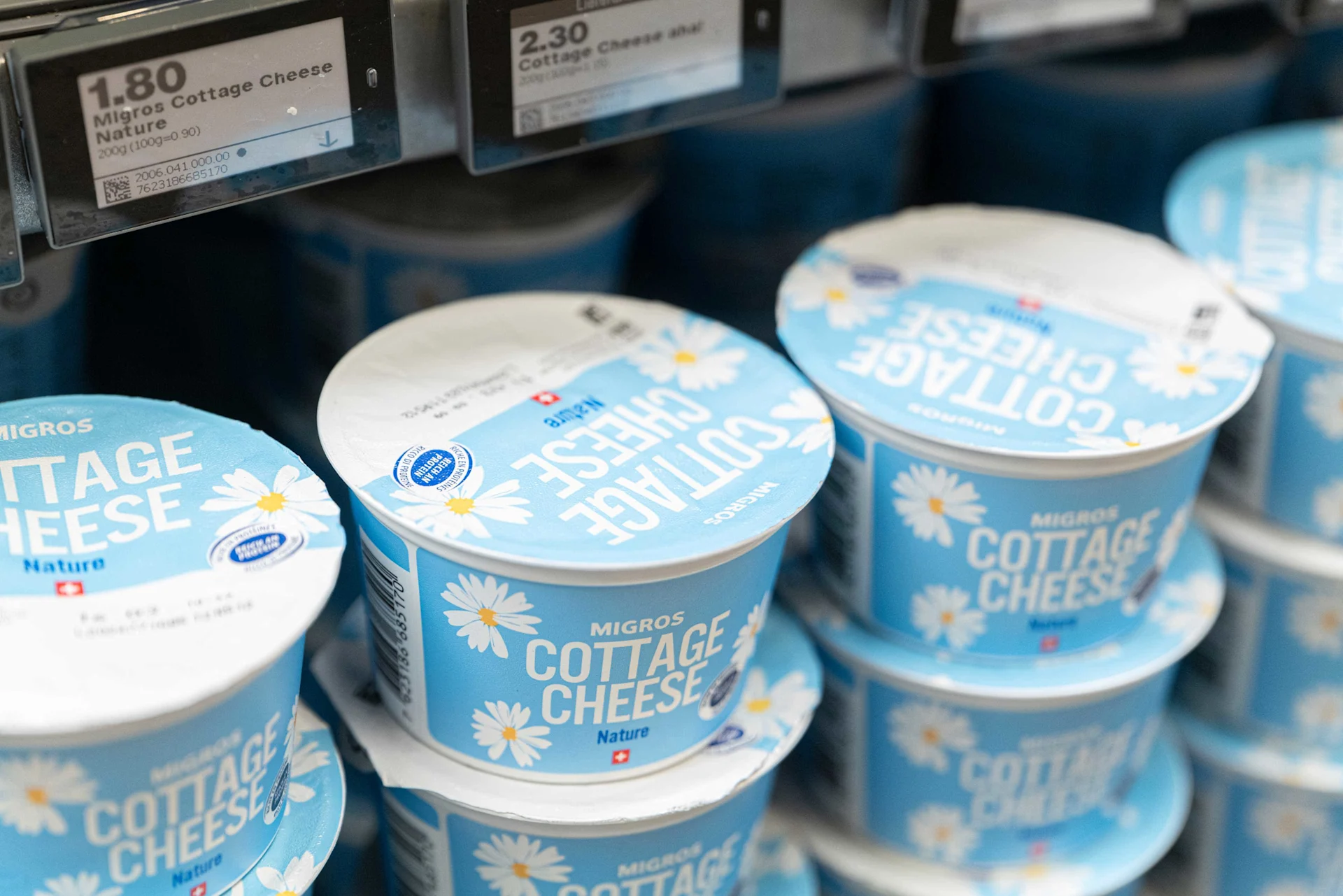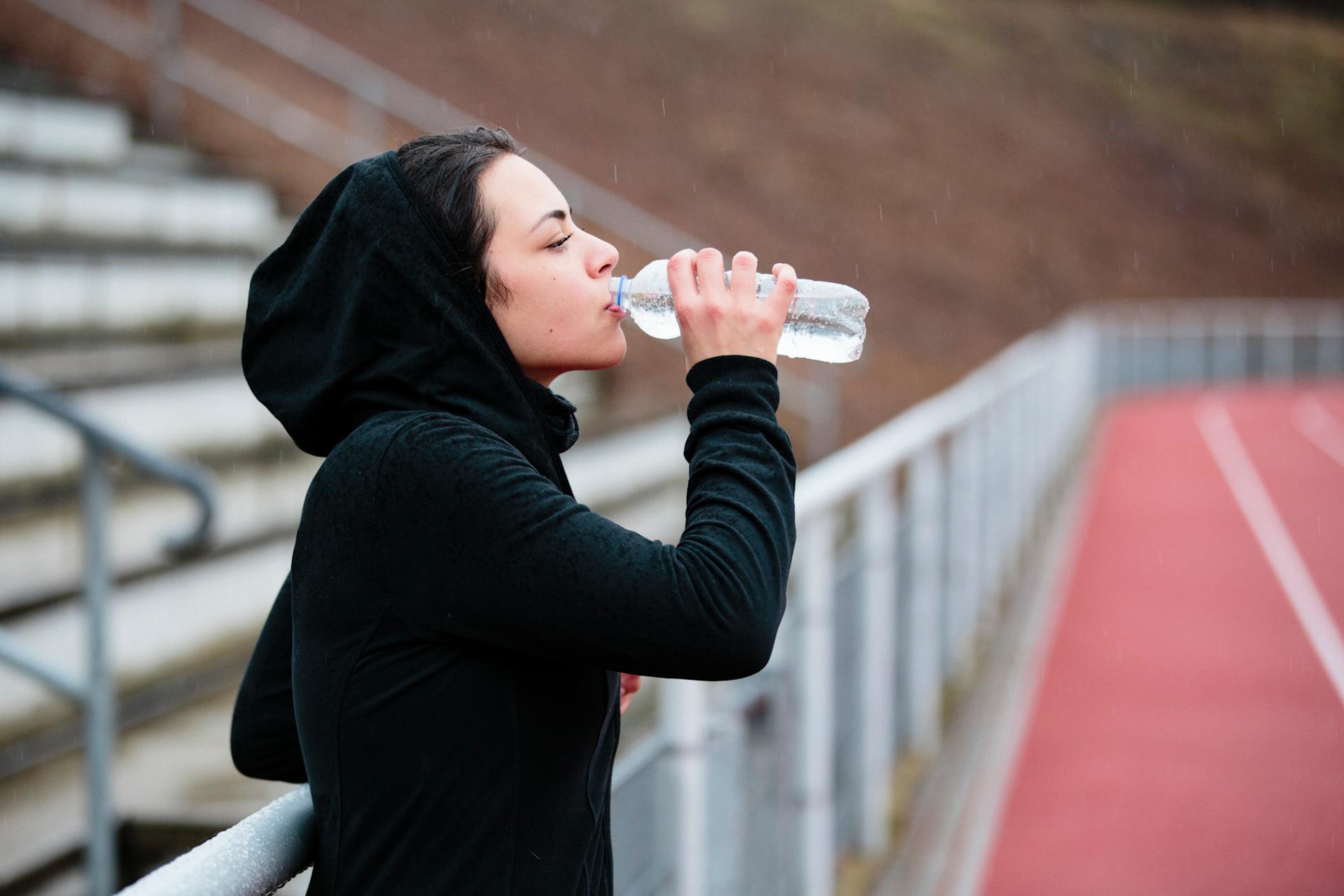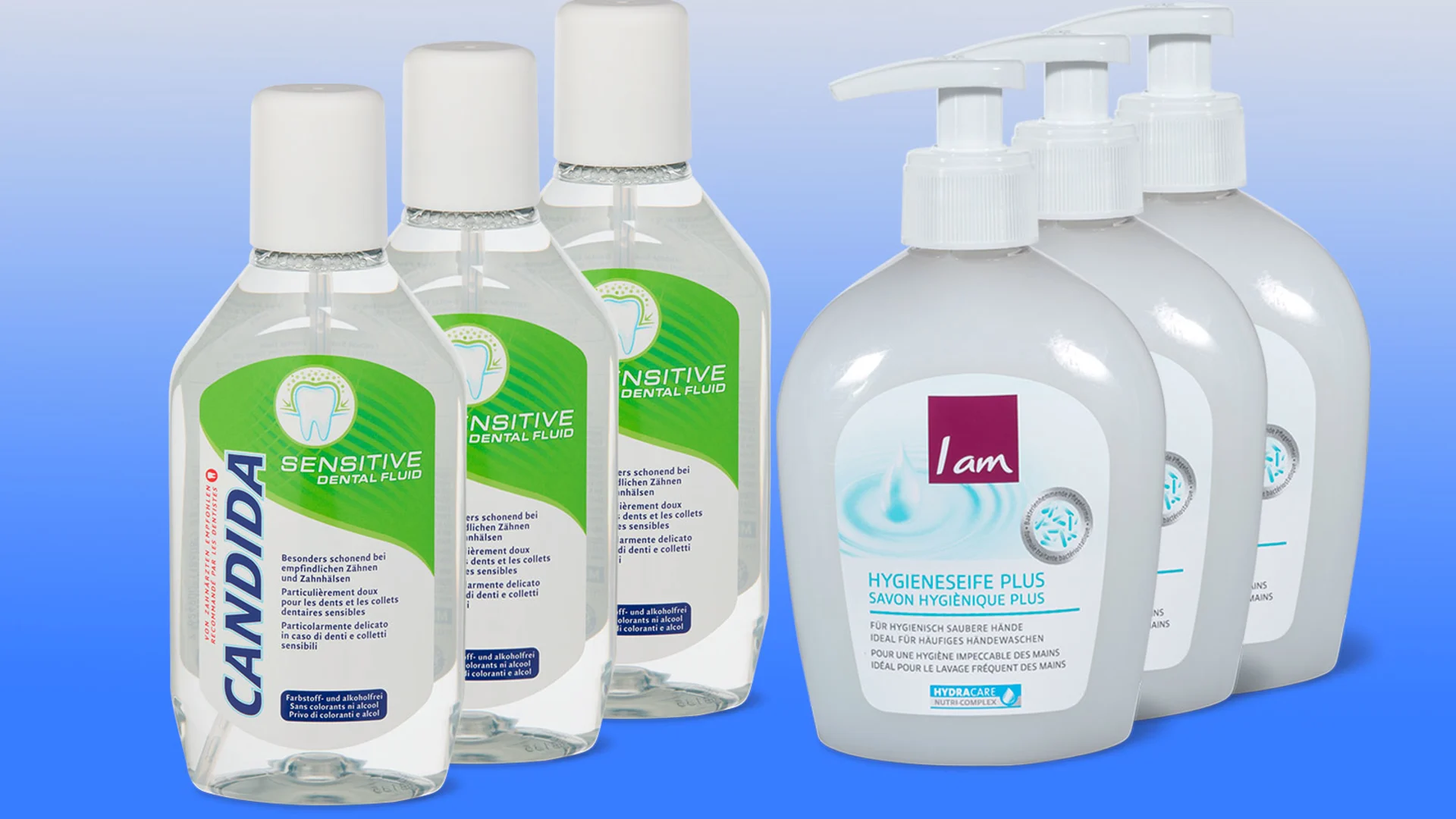
Responsible packaging
Migros is doing all it can to make packaging more sustainable and eco-friendly.
navigation

Circular economy
Millions of PET bottles are used every day. Most of these are recycled multiple times. However, given that this still requires new plastic, Migros uses an innovative method to produce PET from CO₂.
Chances are, you’ve already handled polyethylene terephthalate today. Anyone who disagrees is probably wrong – because around 4.38 million PET bottles are used every day in Switzerland. The plastic is used in a wide range of packaging, including drinks bottles. They are lightweight, shatter-proof and reusable. In brief: it’s hard to imagine life without PET bottles.
PET comes from hydrocarbons, mainly from oil or natural gas. And, for the last two years, even from CO₂! Because Migros has been producing PET bottles from carbon dioxide since 2021. This means that less crude oil is used and the greenhouse gas is bound instead of ending up in the atmosphere.
While recycled PET is king when it comes to the circular economy, PET from CO2 complements it very well, as it saves producing new PET. CO₂ PET has a much smaller carbon footprint than new PET. But it is of similar quality.
Migros won the 2021 German Packaging Prize for its method of making packaging from CO₂. “That’s quite remarkable, because we’re not actually a packaging manufacturer,” stresses Susanne Heldmaier, Strategic Lead R&I at Migros subsidiary the Mibelle Group. Migros Industrie developed the process together with start-up LanzaTech.
The journey from CO₂ to PET is, scientifically, highly complex, but the result is astonishing: the carbon dioxide is extracted from waste gas from the steel industry and converted to ethanol (alcohol) in a fermentation process using specific micro-organisms. This ethanol can be used in cleaning agents, but it can also form the basis for producing sustainable plastic.
It is clear to Migros that this CO₂ recycling technology is also suitable for other products. In the medium term, it is hoped that the entire volume of alcohol extracted by conventional methods from plants for detergents, cleaning agents and cosmetics can be replaced. Migros Industrie is also aiming to roll out further packaging.
For Migros, the investment in CO₂ recycling is a major step towards reaching its sustainability objectives. “We see it as part of our responsibility. You have to be willing to take the first step and not get hung up on the cost. We believe it’s worth doing something like this here,” explains Heldmaier. They had been looking for a way to use sustainable raw materials; converting CO₂ to ethanol does exactly that. “This is a huge step forwards in improving our environmental footprint.”
Initially, innovative technologies may well be more expensive than relying on established processes, the expert says. “But we believe that it’s a worthwhile investment, because you actually have new raw materials for the future.”
The huge demand for PET highlights the significance of Migros’ development for a sustainable future: around 1.6 billion PET bottles are in circulation every year in Switzerland. Of these, 1.3 billion bottles are recycled. This represents a recycling rate of 83 percent, as calculated by the Swiss Federal Office for the Environment. This is very high, even compared to countries that have a deposit system.
Thanks to the high recycling rate, around 34 million litres of crude oil can be saved and 126,000 tonnes of greenhouse gas emissions avoided every year. If Migros’ example of CO₂ PET catches on, these figures could become even better.
The ability to bind CO₂ and use it to make plastic reduces oil consumption and the impact on the climate. Both conventional PET and CO₂ PET are fully recyclable. “As long as there is no contamination, PET can theoretically be infinitely recycled,” says Remo Linggi from PET Recycling Switzerland.
The goods collected are separated by colour and quality in Swiss sorting facilities. At the recycling plants, the bottles are crushed, foreign objects such as labels and lids are removed and, in several stages, they are processed into new, perfectly hygienic drinks bottles.

Most of the recycled material is turned back into drinks bottles. New bottles consist on average of 60 percent "R-PET", Linggi confirms. Bottles for Migros’ Aproz mineral water have even been entirely made from recycled PET for three years.
Granules that cannot be used in the production of new bottles are used for other packaging, textiles or filling materials. Migros has many products made of R-PET.
Not only does recycling PET conserve resources because less crude oil is used; it also requires around 50 percent less energy and saves over 126,000 tonnes of greenhouse gases compared to virgin materials. This makes R-PET much more environmentally friendly.
Do you know what can go in the bin? With our tips and tricks, recycling not only becomes easy, you also save a lot of waste.